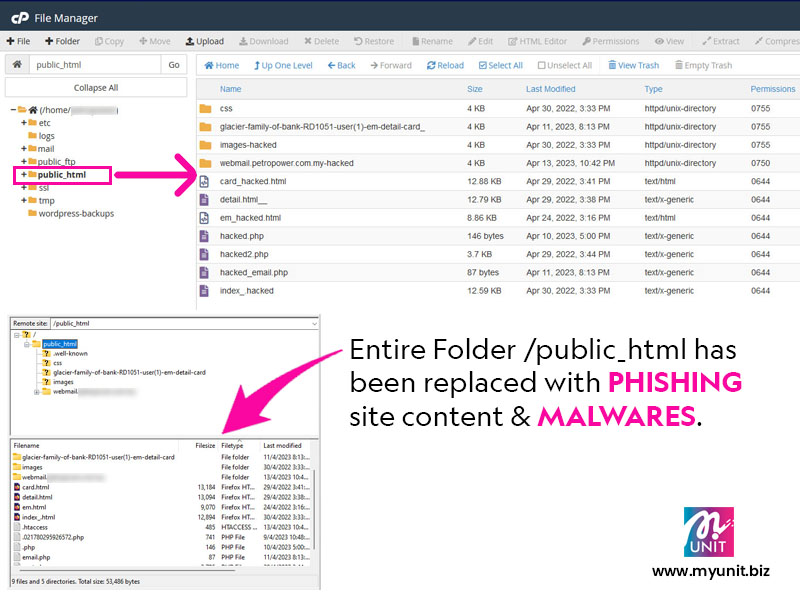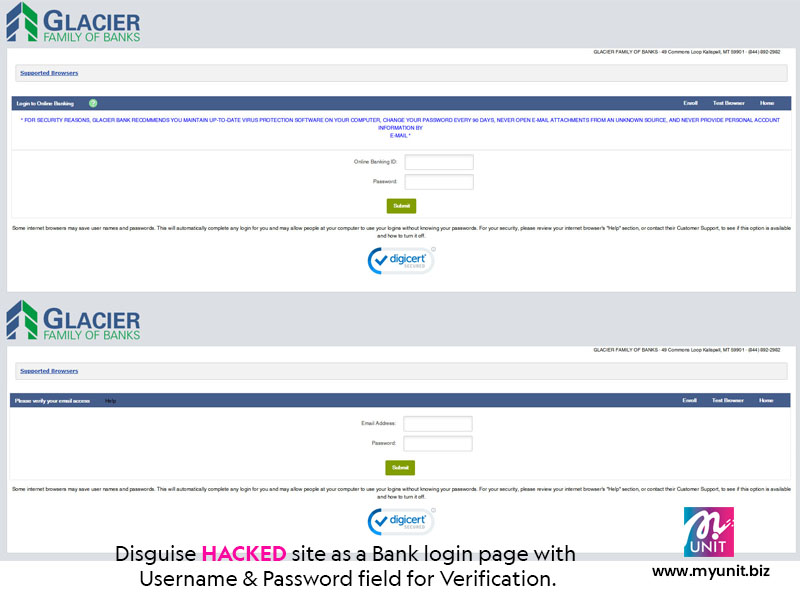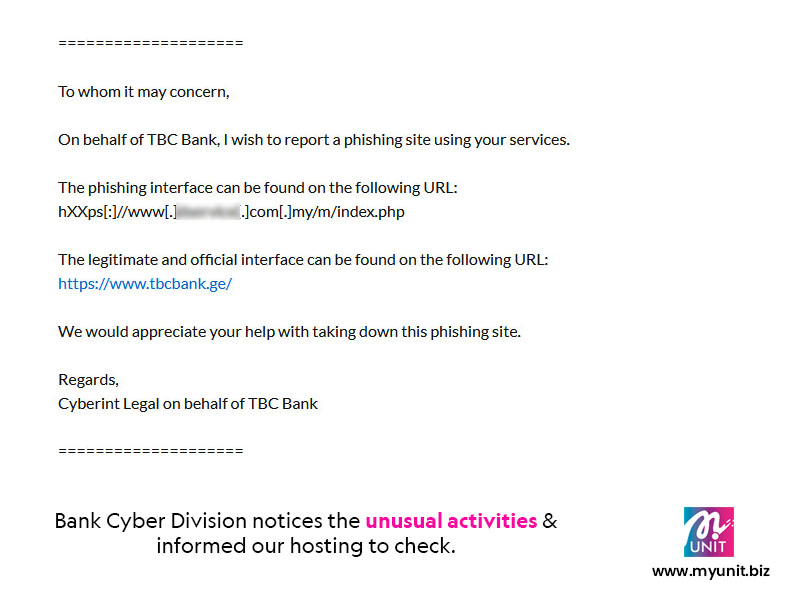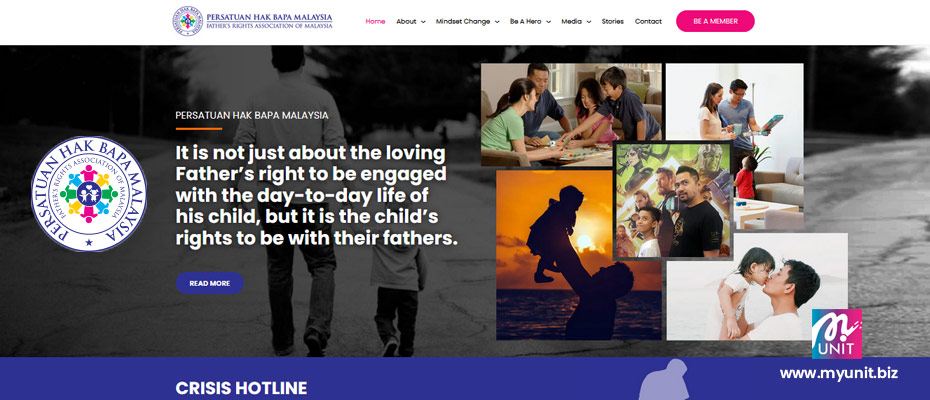Prevent website hacking before it’s too late. Given that recently website hacking is in TREND. In brief, two of our clients website has been affected and another one we manage to prevent it & cleaned the site.
Comparatively, hackers nowadays are converting websites into their PHISHING site. Hence, they’ll empty your entire /public_html folder and upload their files & folders.
As a website owner, ensuring the security of your site is crucial in today’s digital landscape. Above all, website hacking is a real threat that can result in data breaches, loss of sensitive information, and damage to your online reputation. But fear not! With these 5 proactive measures, you can defend your site from hackers and prevent website hacking.
Therefore, in this article we’ll explore 5 actionable tips that are easy to understand and implement. Significantly these measures will help you fortify your website’s defenses and safeguard against potential hacking attempts.
Tip 1 - Keep Your Software Up to Date
Regularly updating your website’s software, including content management systems (CMS) such as WordPress, plugins, and themes, is crucial to prevent website hacking.
Thus, these updates often contain security patches that address known vulnerabilities. So, by staying up to date, you can effectively thwart hackers from exploiting known weaknesses.
Tip 2 - Use Strong and Unique Passwords
Using weak and easily guessable passwords is an open invitation for hackers to gain unauthorized access to your website.
Therefore avoid using common passwords like “password123” or “admin123” and opt for strong, unique passwords that include a mix of uppercase and lowercase letters, numbers, and special characters.
Also, make sure to change your passwords regularly and avoid reusing them across multiple accounts.
Tip 3 - Enable Two-Factor Authentication
Two-factor authentication (2FA) provides an extra layer of security for your website. It requires users to provide two forms of identification, typically a password and a temporary code sent to their mobile device or email, to access their accounts.
Enabling 2FA can significantly reduce the risk of website hacking by adding an additional barrier that hackers would need to overcome.
Tip 4 - Regularly Back Up Your Website
Creating regular backups of your website is a crucial step in preventing website hacking. Backups serve as a safety net that allows you to restore your site to a previous version in case of a security breach or data loss.
Therefore, make sure to store your backups securely in a separate location from your website, such as an external server or cloud storage, to ensure their integrity.
Tip 5 - Use Web Application Firewall (WAF)
A web application firewall (WAF) acts as a barrier between your website and potential hackers. It filters out malicious traffic, scans for known vulnerabilities, and blocks unauthorized access attempts. Implementing a WAF can significantly enhance your website’s security posture and reduce the risk of website hacking.
Conclusion
In conclusion, by following these 5 proactive measures, you can effectively defend your website from hackers and prevent website hacking.
Keeping your software up to date, using strong and unique passwords, enabling two-factor authentication, regularly backing up your website, and using a web application firewall are essential steps in safeguarding your site’s security.
Take action now to protect your website and ensure a safe online experience for your users. Boost your website security and prevent website hacking today!
Quote of the day :
“Passwords are like underwear: don’t let people see it, change it very often, and you shouldn’t share it with strangers.”
– Chris Pirillo
Vectors and Images are courtesy of :
Freepik.com and Unsplash.com.






